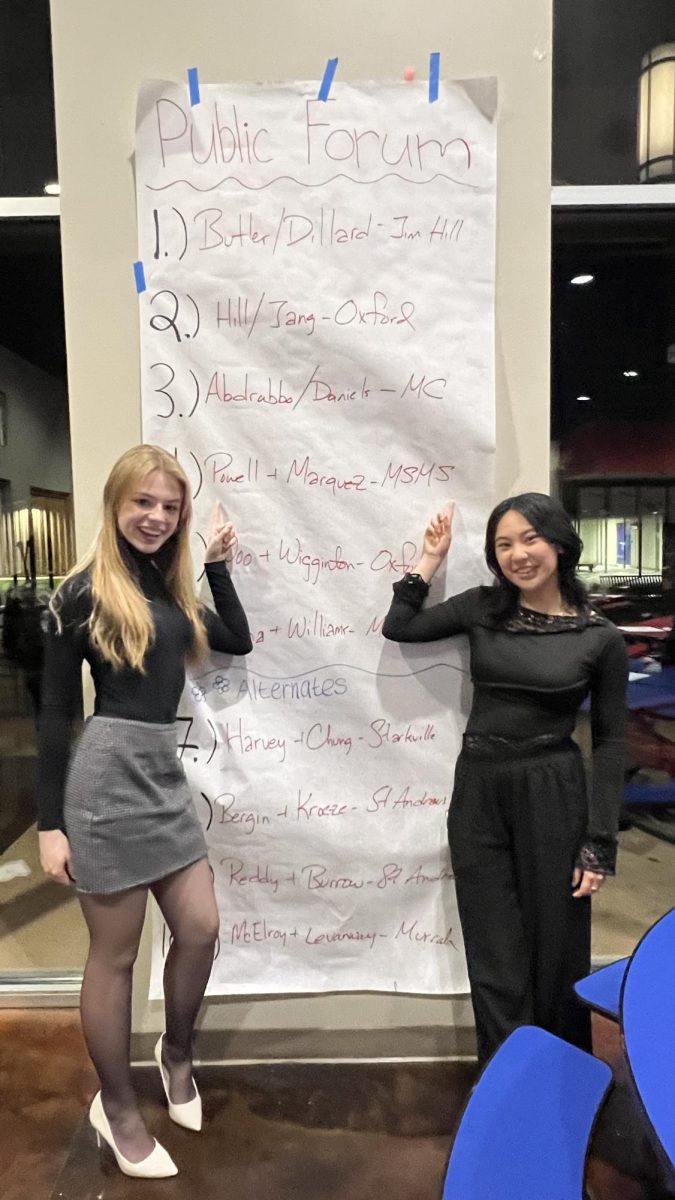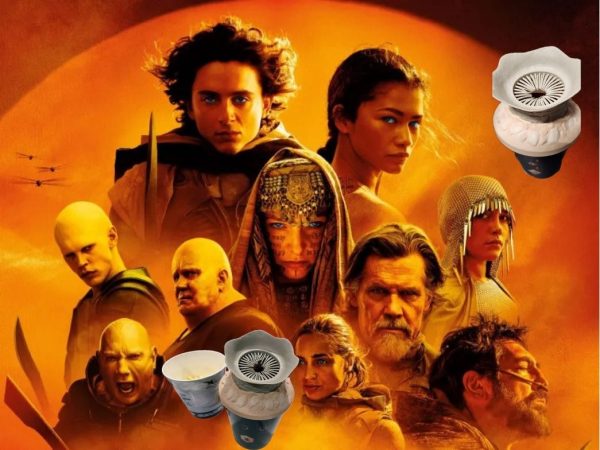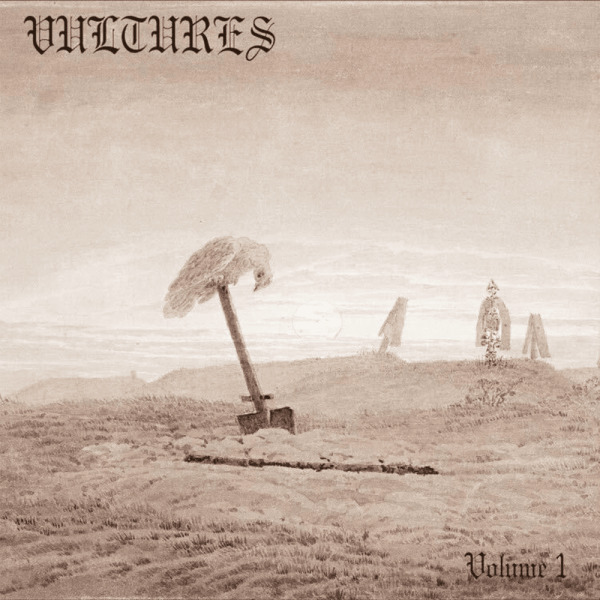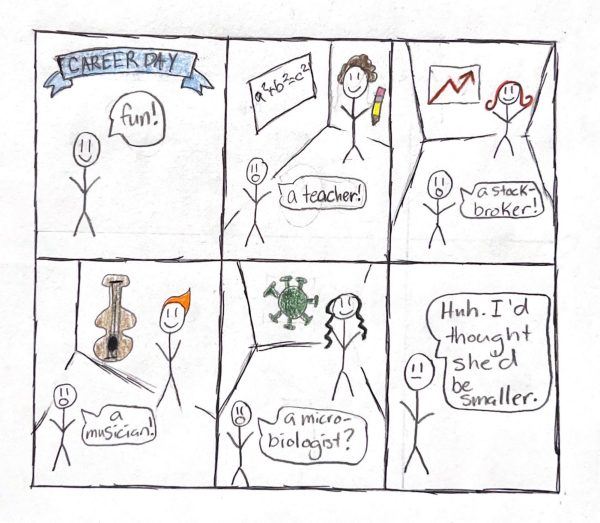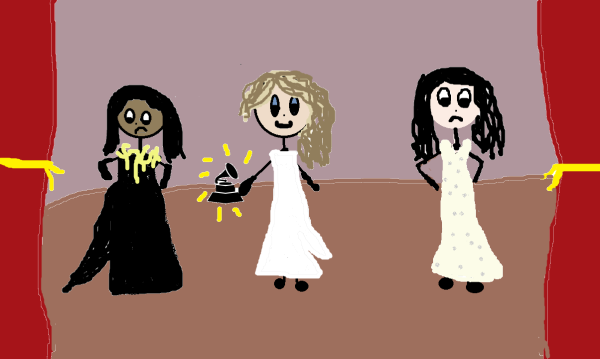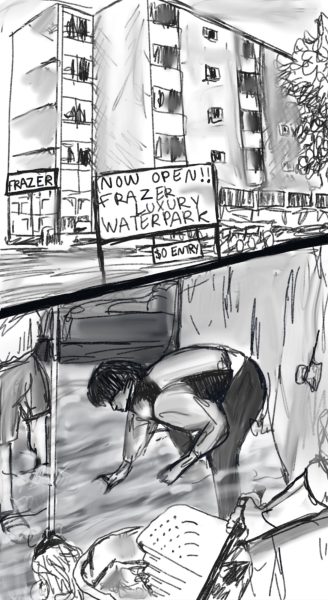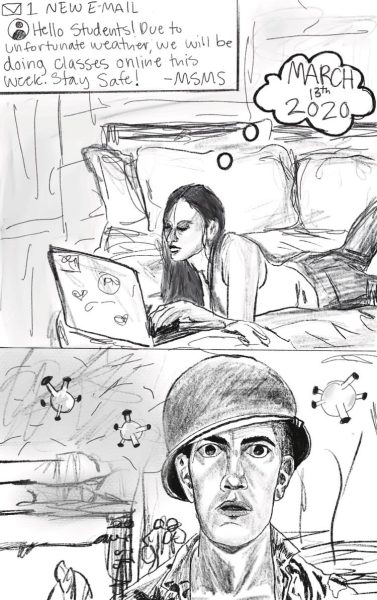It could happen to anyone…even ‘You’

Lifetime Entertainment Services [Fair Use]
“You” certainly makes you want to lock your doors, draw your blinds and privatize your social media accounts.
January 16, 2020
The best stories are usually wrapped in the truth–a wizarding community on the flip side of London, a dystopian society in the ashes of Chicago. “You,” a Lifetime series that has found a new home on Netflix, takes what is already a disturbingly realistic premise and wraps it in what is essentially our everyday lives. Everything about the show, from being watched through an open window to having your every move and intention followed by a stranger simply because you lost your phone, could very well happen to any person who lives in this day and age. That is what makes “You” so unsettling and virtually impossible to turn away from.
The first season of the series revolves around the separate but eventually interdependent lives of Joe Goldberg (Penn Badgley), a bookstore manager, and Guenivere Beck (Elizabeth Lail), a New York University TA and English student.
Several parts of the show make things look deceptively easy–solutions reminiscent of clever writing rather than real life. For example, there just happens to be a sound-proof Plexiglass box in the basement of the bookstore where Joe murders people, filled with supposedly rare books that just happen to replace themselves every time things get messy. He spots her in the very same bookstore, and even though their interest in each other was obviously mutual, she does not leave him her number–only her name. But that was all Joe needed–this part of the plot isn’t deceptive in any way.
He used her Instagram to triangulate the location of her house, and by the end of the first episode, he had already identified several key features in her life which he would, throughout the season, exploit, from her materialistic and manipulative friends to her do nothing boyfriend.
The episode concludes with Joe saving an intoxicated Beck from being flattened by a train, in a wonderfully cinematic hero-boyfriend-material moment fit for a romantic comedy. It is here that Joe acquires her cellphone, the weapon he uses to keep tabs on her throughout the entire season. It is also here, ironically, that Beck begins to fall for her stalker.
The rest of the first season chronicles Joe annihilating anything and anyone that stands in the way of himself and Beck, from her boyfriend to her friends–until eventually the only thing standing in the way of Joe and Beck’s relationship is Beck herself.
The show is, for all intents and purposes, good. It features complex characters like Joe, who, despite earning the title of serial murderer, helps and offers books to his neighbor, Paco, whose mother is in an abusive relationship. Joe is an ‘average-Joe.’ He’s a good guy who likes Scrabble and meatball subs; except, he murders people from time to time. His character is reminiscent of Dexter. He kills, but for reasons that are so thoroughly justified, viewers, myself included, often war with themselves over whether or not they even have it in them to dislike Joe.
Beck is the most irritating sort of individual–ambitious but painfully lazy. A Brooklyn bank account with SoHo tastes. Her friend, Peach Salinger (Shay Mitchell), presents a much more interesting character. Boasting generational wealth as a relative of author J.D. Salinger, she is whimsical and frivolous, but surprisingly, the only person who could come close to besting Joe in a battle of wits. They figure each other out–Joe discovering that Peach also has an obsession for Beck, and Peach being suspicious of Joe’s true intentions from the jump. They fight to the death–literally, a fight that Joe wins. It’s a great plot point, except I find it hard to believe that after nearly a season of watching, following, and stalking, Peach of all people is the one to notice that something is off.
So, as I said, the show is good. But what makes the show great is the sheer parallel that it holds to each and every one of our realities. The show highlights exactly how powerful the devices that fit into our palms are, and how dangerous our culture of oversharing actually is. The way that Beck uses social media isn’t very different from the way that most of us do and Joe isn’t a tech genius or some kind of hacker. Yet, he was able to worm his way into her life with virtually no resistance and no recognition on her part.
Of all the teens that sport a social media presence, 39 percent have an account that is at least partially public. This, combined with the fact that tools like Google Maps have made it even easier to gather what should be private information about someone’s life from a single photo in seconds, has created a perfect storm in which people like Joe can stalk anyone they please with as much ease as ever. Season two, which debuted on Netflix in late December 2019 follows Joe in Los Angeles where a blue check is worth more than an Ivy League degree, and as you can imagine, he weaponizes social media once again to pursue yet another love interest and outrun his demons in the form of an ex-lover.
You may not have a Joe Goldberg in your life, but “You” certainly makes you want to lock your doors, draw your blinds and privatize your social media accounts. After all, if you’re anything like Beck, all it could take for someone like Joe to waltz his way into your life is one picture.





